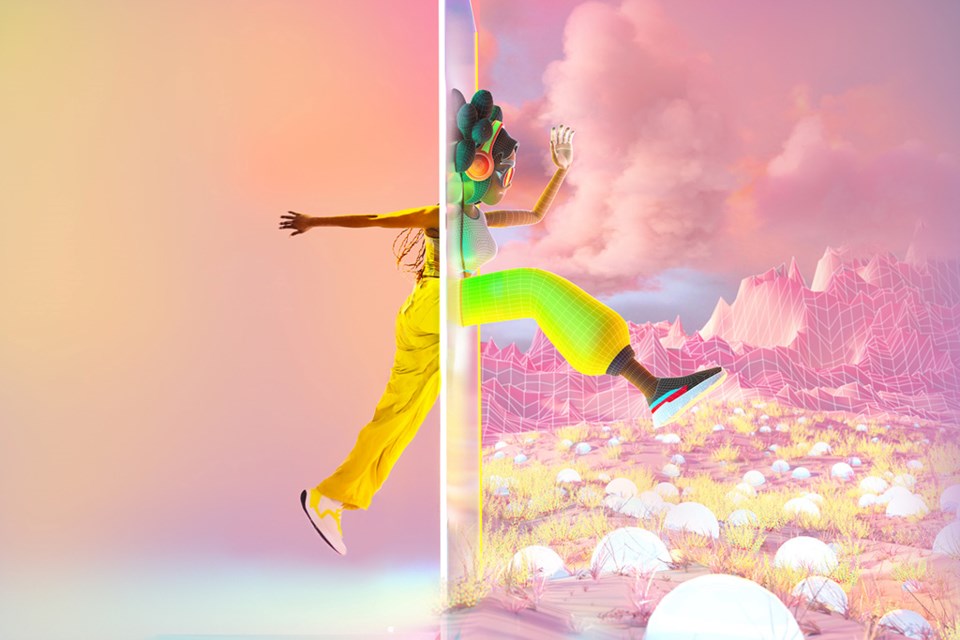The rise of the Epik app (and its AI-powered yearbook photos) has spotlighted a curious trend: students opting for generative AI images in their school yearbooks. At face value, it's a novel application of technology, blending nostalgia with the cutting-edge, but it raises questions about authenticity, memory, and our posterity.
Imagine future generations flipping through old yearbooks: "Look! Here's an old-fashioned generative AI image of grandpa in high school. Gee. I wonder what he really looked like at that age?" It's a statement that seems almost surreal. Yearbooks have traditionally been a snapshot of a moment in time that capture the raw, unfiltered essence of our younger selves.
This trend also raises broader questions about the ethics of image manipulation. We already "Photoshop" everything; from smoothing out wrinkles to adjusting lighting, we enhance images all the time. Is generating an entirely new image with AI where we draw the line? If so, why? Where is the boundary between enhancement and fabrication? It's a distinction that might seem subtle, but it will have profound implications.
As generative AI evolves, so too will our relationship with our own images. The choice to use AI-generated photos in yearbooks is emblematic of a larger conversation about authenticity in the digital age. As we navigate this new terrain, it's critical to reflect on what we might be gaining – and what we could be losing.
As always your thoughts and comments are both welcome and encouraged. Just reply to this email. -s
ABOUT SHELLY PALMER
Shelly Palmer is the Professor of Advanced Media in Residence at Syracuse University’s S.I. Newhouse School of Public Communications and CEO of The Palmer Group, a consulting practice that helps Fortune 500 companies with technology, media and marketing. Named he covers tech and business for , is a regular commentator on CNN and writes a popular . He's a , and the creator of the popular, free online course, . Follow or visit .




